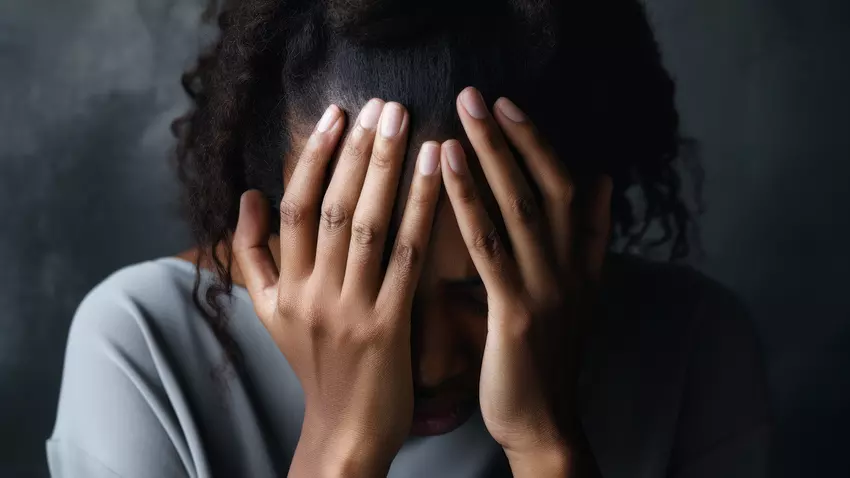Learn about Assisted Outpatient Treatment (AOT)
Assisted Outpatient Treatment (AOT) services are offered to individuals who are under court order with severe mental illness who have demonstrated difficulty adhering to treatment on a voluntary basis and have difficulty living safely in the community without close monitoring.
Who should I contact if I think someone needs assistance through AOT?
Call Behavioral Health Call Center: (800) 704-0900 and select option #3 to speak with AOT team member
What happens after the AOT service request is made?
- Intensive community-based outreach
- Intensive efforts to engage the individual in voluntary treatment
- Mental health assessment to determine if AOT criteria are met
- Court petition process, if needed
- Intensive community-based behavioral health services, voluntary or mandated, as appropriate
Who can request or petition for AOT?
- An individual who is 18 years or older
- An individual with whom the individual subject of the petition resides
- A parent, spouse, sibling, or adult child of the individual subject to the petition
- Directors of public/private agencies, treatment facilities, charitable organizations, or licensed residential care facilities providing mental health services to the individual, in whose institution the individual resides
- A director of a hospital where the individual resides
- A licensed mental health treatment provider supervising the treatment or treating the individual
- A peace officer, parole office, or probation officer assigned to supervise the individual
- A judge of a superior court before whom the individual subject of the petition appears
What services are provided under AOT?
Assertive Community Treatment (ACT) and Forensic Assertive Community Treatment (FACT):
- Intensive clinical services, including individual and group
- Peer support
- Intensive case management
- Housing assistance
- 24/7 clinical crisis support
- Medication evaluation
**Medication cannot be administered involuntarily.
